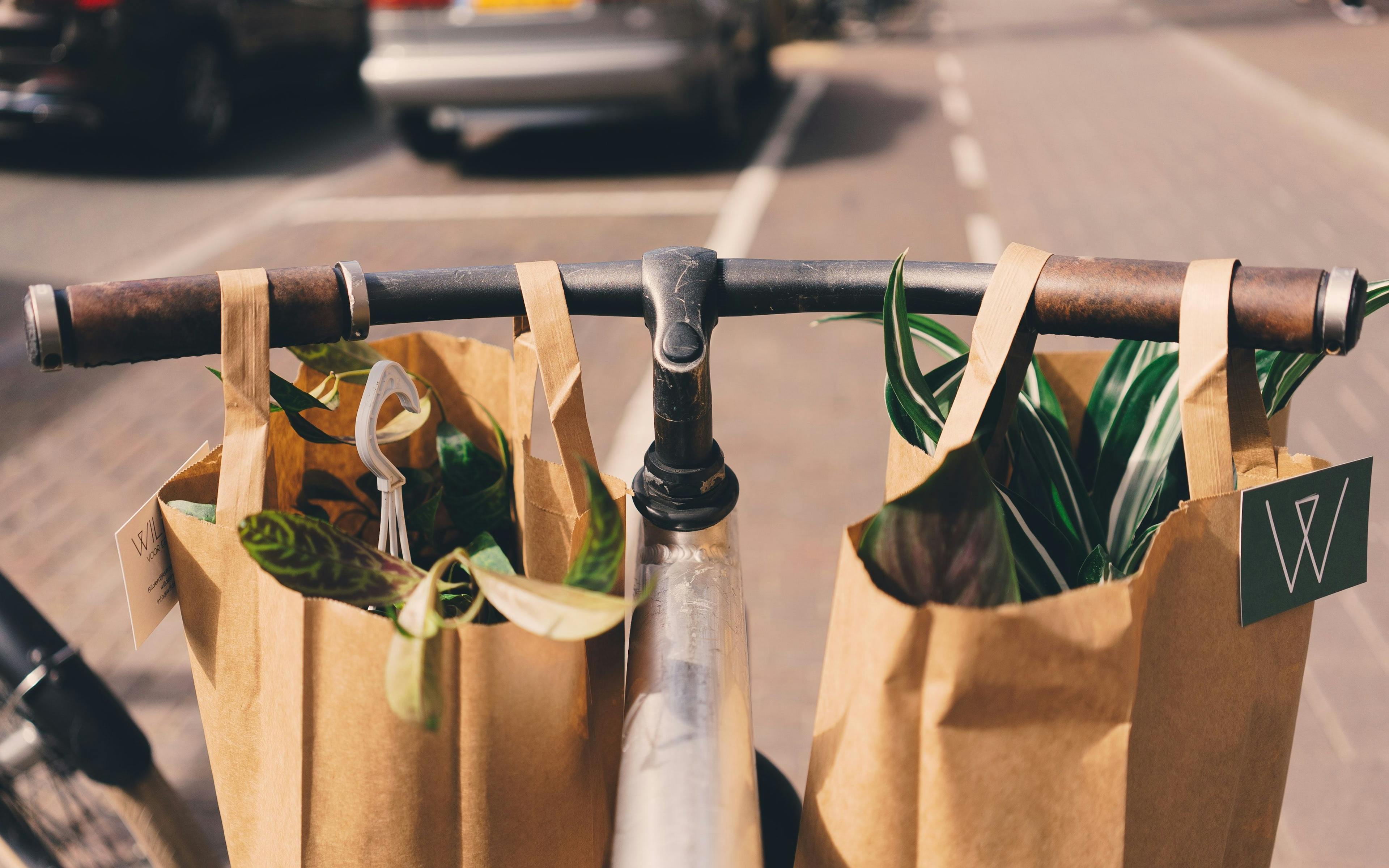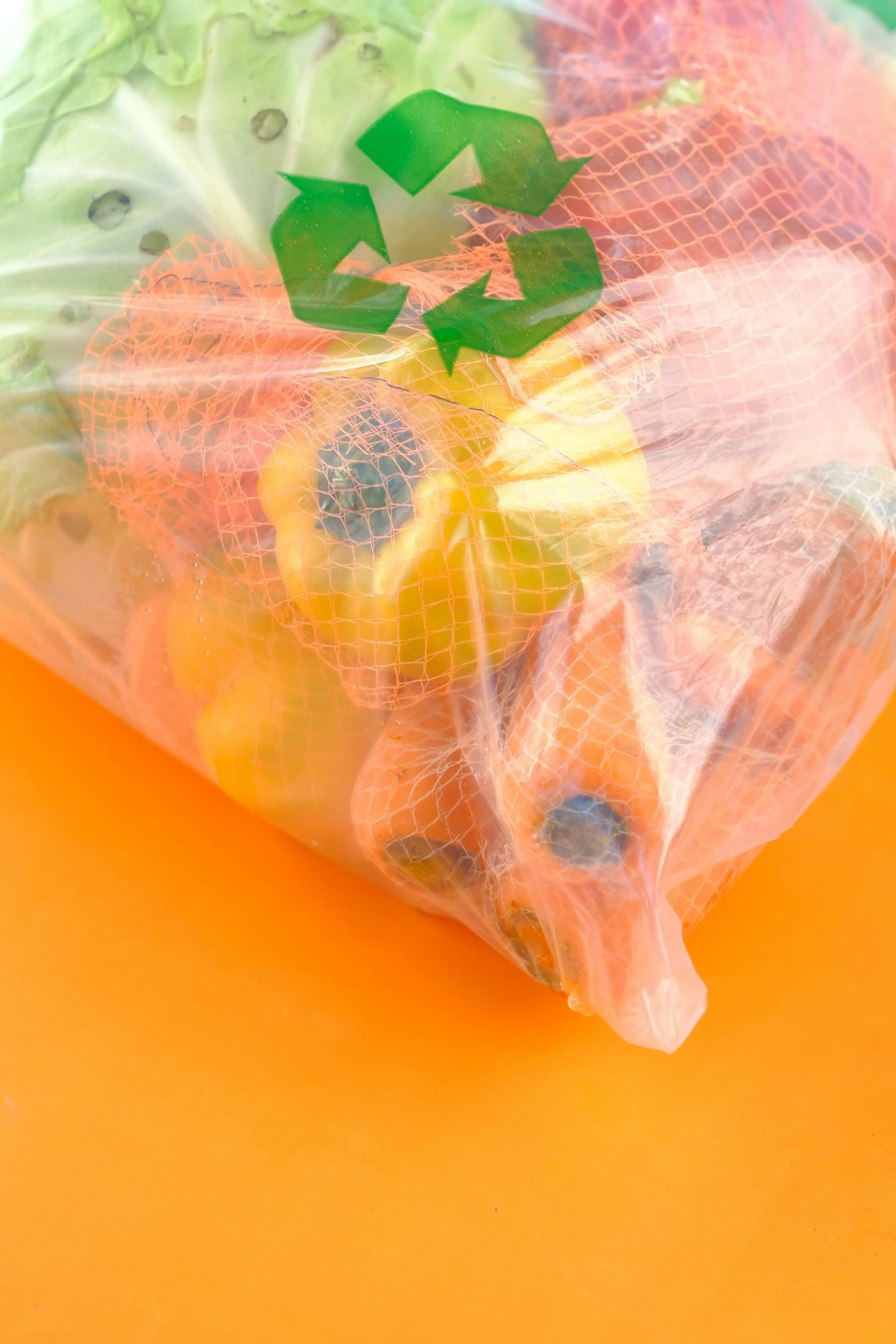Not so green: European Commission directive for greenwashers

Bio, eco, green: more and more often, product packaging and labeling demonstrate a caring attitude toward the planet in an attempt to please the consumer. Little by little, this element has turned into marketing. While the European Commission urges people to become personally involved in reducing meat and dairy consumption, companies are cashing in on unsuspecting customers. More anxious people are now raking products labeled eco (even if they are wrapped in three layers of plastic) off the shelves than ever before.
A 2020 study found that 53% of labels on eco-goods sold in the EU were vague or misleading to customers. 40% were unfounded, hence false. The same applies to companies that "care about nature": out of 344 claims of sustainable company status, one in five did not provide sufficient evidence to judge the statement's accuracy.
Greenwashing is the unreasonable positioning of a product or service as environmentally friendly or green. In recent decades, the green trend has been used to promote goods on the market, and many companies hang up labels without even conducting production upgrades or research on their product.
The European Union decided to put an end to greenwashing and clear the way for truly sustainable business. From now on, any environmental claims will have to be verified and backed up by independent experts.
As one of the main principles of the Green Deal, the European Commission's recent plan for a green transition to a more sustainable global economy, the goal is to empower consumers to make informed choices in favor of more sustainable solutions. Lack of knowledge is becoming a significant problem: despite the desire to make the right choices, misleading information on labels forces people to choose consumerism, rather than a zero-waste approach. But we can't blame them.

The Green Claims Directive presented by the European Commission today, on March 22, provides guidelines for ecolabels, complementing the EU Ecolabel regulation, established in 1992. The label will have to contain detailed information about the origin of the product and its carbon footprint.
The problematic private labeling scheme is currently available to manufacturers on very relaxed terms. If the directive comes into force, the requirements for private labeling will become stricter: now, it will be up to scientific evidence to prove that a product is in fact eco. In this way, the EU wants to restore confidence in the familiar green label on store shelves.
But the question is whether the rules if they are introduced will be respected at all levels: in simple terms, will the authorities arrange demonstrative penalties only for small companies, turning a blind eye to the giants? In addition, in the pursuit of changing labels, we should not forget that this will require changes in product packaging, which will once again create a ton of irrelevant plastic labeled "environmentally friendly".





